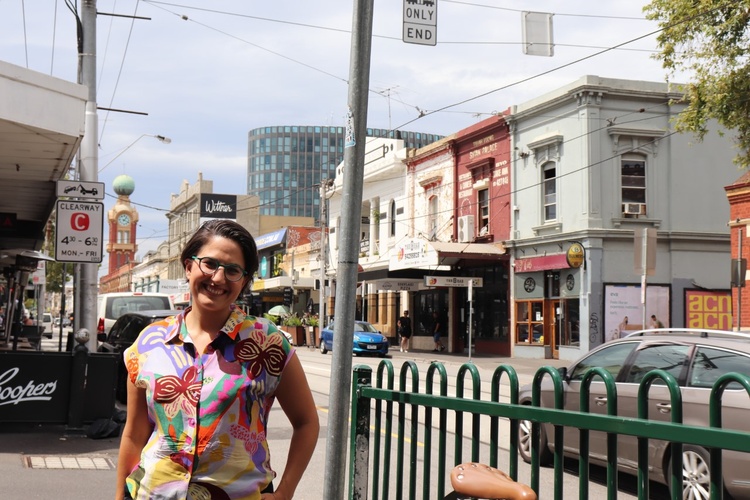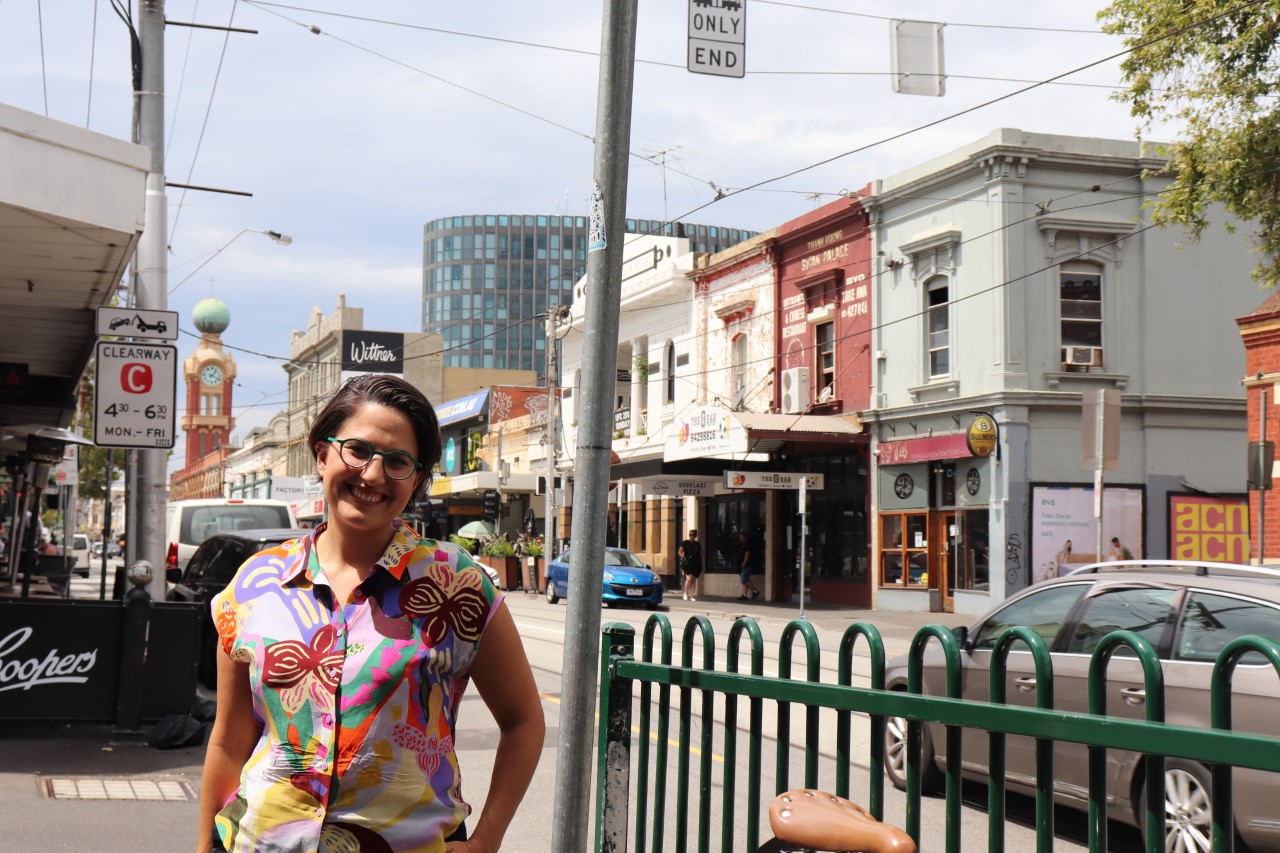Over the course of the past week, there has been particular focus on the introduction of taxes on premises that will use public spaces for outdoor dining, putting tables and chairs on what were once designated carparks.
These taxes will be introduced from April 2022.
Yarra City Council Mayor Gabrielle de Vietri explained that this decision had been made about six months ago, but its announcement had been postponed due to the continued lockdown.
“We voted for a new policy to make our outdoor dining program permanent,” de Vietri said.
“We spent six months consulting with the business community and the broader community, the Department of Transport, the state government and the emergency services to work out what would be a sustainable long-term program to allow these outdoor dining spaces to exist.”
Deferring the introduction of these new taxes will allow all restaurants to use outdoor spaces for free throughout the upcoming summer season.
Furthermore, from April to October 2022, a 25 per cent discount will be applied to the new rates required by Council, as members are acutely aware of the difficulties restaurant owners have faced since the beginning of the pandemic.
The tariffs will differ street by street, with higher rates in popular areas like Smith Street or Brunswick Street and lower rates in quieter zones.
“We made sure that we added in a clause that confirms that if there are further lockdowns or restrictions, we’ll consider waiving fees for that period,” de Vietri said.
“Nobody can know for sure what will happen in the coming months, and, of course, we won’t charge businesses anything if the public space cannot be used.”
Council recently received financial support from the state government which has allowed it to implement these new laws.
The mayor noted that the decision also stemmed from a desire to create equality across the use of this public space.
“It’s not fair that a small handful of businesses are able to make a profit off public land when others can’t,” she said.
“The use of public land has always had a cost.
“When people go to park their car on the street, they have to pay for a ticket.
“The same thing will be required for the space used by restaurateurs for their tables.”
Another new law was also approved last week, on a subject that has sparked much debate in the past: the ability to consume alcohol in public spaces.
This new law will come into effect on October 20, changing various aspects of the previous legislation.
The new provisions are designed to protect society’s most vulnerable citizens, such as individuals who suffer from problems with addiction or disadvantaged people.
“For people drinking on the street who are disadvantaged, we want the first response to be a health response,” de Vietri said.
“We don’t want to bring people into contact with the law unnecessarily.
“But at the same time, we wanted to make sure everyone behaves correctly during big events such as grand final day or New Year’s Eve.
“Rather than being a ban on drinking with a few exceptions, as it was before, it becomes a permit with some exceptions.”
Under the new law, it will be permitted to consume alcohol in public spaces except during large events, such as those listed above.
Individuals will be able to drink alcohol while staying within 10 metres of the premises that sold the beverage to them.
“In this way, the relationship between seller and consumer will be more direct, and incorrect behaviour can be prevented effectively,” de Vietri said.
“We’ve done everything to avoid creating any kind of economic hardship and to protect our most vulnerable citizens.
“The new law has been designed so that it doesn’t target social disadvantage or health issues.
“We want it to remove those barriers to assistance, so that it’s not police coming in to situations where it’s not appropriate for police to be intervening.
“In general, what has changed is the approach.
“Now, you can drink on the street for most of the day, with the exception of some sensitive places, like schools and childcare [centres].
“And even if someone is caught drinking in situations where it’s not allowed, we’ll try to offer as much help as possible.”
By modifying this law, Council has tried to involve the community to understand and meet the demands of all its members.
It has also tried to pinpoint areas of concern in the previous legislation, in order to address them.
“We’ve introduced a clause that will allow us to make changes to the provisions if we need to,” de Vietri concluded.
“We’ll continue to monitor the situation.”












